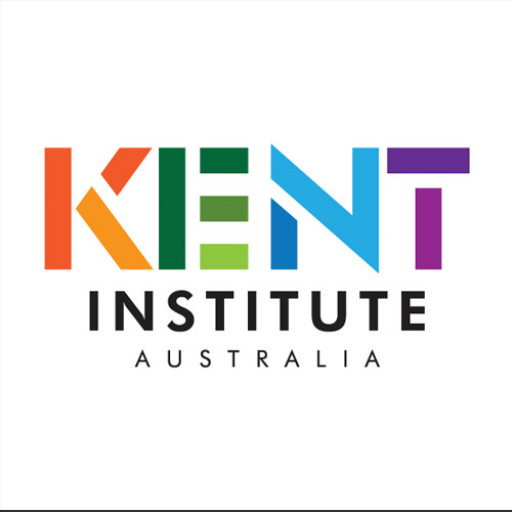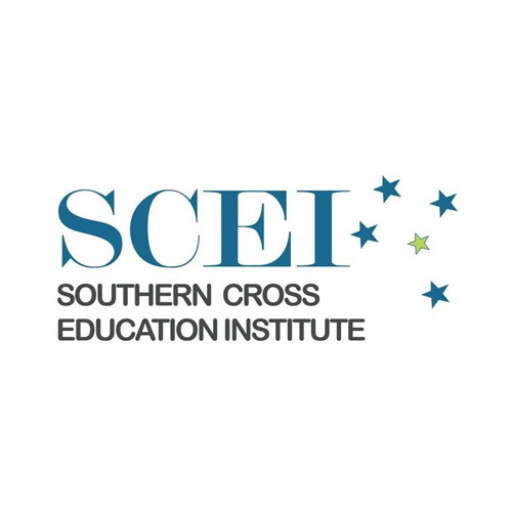Photos of university / #americanpublicu
This degree program is market driven and prepares learners to exploit the high demand for IT professionals in various market sectors. It focuses on the development and implementation of information systems and includes topics such as database systems, object-oriented analysis and design, IS architectures, IT project management, security, and computer forensics.
The explosive growth of the Internet has enabled Information Technology (IT) to become the core business driver in organizations; it gives organizations the competitive edge in developing and delivering products and services to the marketplace. Information Technology has been identified as a National Critical Infrastructure by the Department of Homeland Security and, according to the Bureau of Labor Statistics, three of the top ten fastest growing occupations are IT related.
This rapid growth in IT has generated a significant demand for credentialed Information Technology, Information Technology Management, Information Assurance, Information Systems Security, and Digital Forensics Professionals to be productive difference makers in our global Ecommerce-based economy. The Master of Science in Information Technology was designed to meet the educational component of this market need for credentialed IT professionals. This degree program focuses on the theory, principles, best industry practices, methodologies, tools, and technologies associated with the Information Technology Marketplace.
It uses scholarly research methods to develop analytic, problem-solving, and research skills that are required to solve real world business problems.
Students completing this IT program can apply for a broad range of IT-related positions, such as Systems Analyst, Business Systems Analyst, Enterprise Systems Analyst, Infrastructure Architect, Systems Analyst, Database Analyst, Application Development Manager, IT Project Manager, IT Security Manager, IT Security Analyst, Disaster Recovery Manager, Forensics Analyst, and E-Discovery Specialist.
In addition to the institutional and general education level learning objectives, the Master of Science in Information Technology also seeks the following specific learning outcomes of its graduates:
- Analyze selected research methods and tools.
- Utilize graduate level critical thinking, reasoning, and writing to defend the logic and the conclusions in scholarly research.
- Appraise the processes, phases, domains, and measures for effectively managing complex IT projects.
- Examine the methodologies, tools, technologies, and practices to analyze, design, and develop object-oriented applications.
- Design, normalize, and optimize enterprise database systems.
- Examine the principles and challenges in incorporating emerging network architectures, technologies, and protocols into information technology systems.
- Examine the legal, social, ethical, and technical issues related to information systems and to securing information systems.
- Appraise the vulnerabilities of information systems with respect to security and examine the methodologies to mitigate this risk.
- Perform in-depth research and critical analysis on thesis subject or creative project.
Core Requirements
- INFO531 Management Information Systems
- INFO620 Enterprise Database Systems
- ISSC640 Computer Networks and Data Systems
- ISSC680 Information Security Management
- ITCC500 Research Methods in Information Systems and Technology
- ITMG624 Information Technology Project Management
Want to improve your English level for admission?
Prepare for the program requirements with English Online by the British Council.
- ✔️ Flexible study schedule
- ✔️ Experienced teachers
- ✔️ Certificate upon completion
📘 Recommended for students with an IELTS level of 6.0 or below.
International applicants are required to pay each course in full using a U.S. credit card or money order. The Automatic Debit Plan (ADP) payment option is available when used with a credit card drawn from a U.S. institution.
Suggestions for international students seeking financial assistance to fund their studies at APUS:
Contact their Ministry of Education explore scholarship, grants or loan possibilities
Contact private lenders companies or banks
Seek sponsorship from a personal investor
Accreditation
American Public University is part of the American Public University System (APUS), which is accredited by the Higher Learning Commission (HLC). The HLC accredits degree-granting institutions located in a 19-state region, and is recognized by the U.S. Department of Education (ED), and the Council for Higher Education Accreditation (CHEA).
ED formally recognizes accrediting commissions that meet all federal standards, and CHEA extends recognition to accrediting bodies and their institutions that meet these established standards. Accreditation should be important to you because it determines a schools eligibility for federal and state financial aid, and may influence acceptance of transfer credits and admission to accredited graduate schools.
In addition to our HLC accreditation, our B.S. in Nursing program, as well as many of our business programs, have obtained specialized accreditation from external accrediting organizations in these specific disciplines.
Credits and degrees earned through APUS may be recognized for promotion, assignment, and position qualification standards within the military, federal government, and private sector. For students transferring to other colleges, APUS credit is considered transfer-eligible based on its accreditation. However, APUS cannot guarantee that its credit will be accepted, as acceptance of credit is always the prerogative of the receiving institution.
Institutional AccreditationThis level of accreditation requires a significant amount of self-study and presentation of evidence to satisfy the demanding requirements of accrediting organizations. Obtaining accreditation with HLC demonstrates our focus on providing academic excellence and the best possible experience for our students.
As an accredited institution, our university is eligible to participate in federal educational entitlement programs such as military tuition assistance, government tuition reimbursement programs, the Department of Veterans Affairs GI Bill, and many corporate education assistance programs. In addition, APUS has been granted approval by the Department of Education to participate in Title IV Federal Student Aid Programs.
Further information on recognition policies and standards may be found on the following websites:
U.S. Department of Education (ED)
400 Maryland Avenue, SW
Washington, DC 20202
(800) USA-LEARN (800-872-5327)
Council for Higher Education Accreditation (CHEA)
One Dupont Circle NW, Suite 510
Washington, DC 20036
(202) 955-6126
The Higher Learning Commission (HLC)
230 South LaSalle Street, Suite 7-500
Chicago, IL 60604
(800) 621-7440
View the APUS 2011 HLC Reaccreditation letter
Specialized AccreditationIn addition to our HLC accreditation, our university has obtained specialized/programmatic accreditation through appropriate governing organizations for the specific academic programs listed below. The curriculum for these programs meets the higher standards required by these external accrediting organizations.
Accreditation Council for Business Schools and Programs (ACBSP)
Business School
A.S., B.S., and M.S. in Accounting; A.A. in Business Administration; Bachelor of Business Administration; Master of Business Administration; B.A. in Marketing; A.A., B.A., and M.A. in Management; A.A. and B.A. in Retail Management; A.A. and B.A. in Hospitality Management; B.A. and M.A. in Transportation and Logistics Management; and A.A. in Real Estate Studies.
The B.A. and M.A. in Reverse Logistics Management and the B.A. and M.A. in Entrepreneurship programs within the School of Business are not accredited by ACBSP. They will be eligible for accreditation once they have been standing for a minimum of two years and each has at least one graduate.
Commission on Collegiate Nursing Education (CCNE)
B.S. in Nursing (RN to BSN)
CCNE is an autonomous accrediting agency, contributing to the improvement of the public's health. CCNE ensures the quality and integrity of baccalaureate, graduate, and residency programs in nursing. CCNE serves the public interest by assessing and identifying programs that engage in effective educational practices. As a voluntary, self-regulatory process, CCNE accreditation supports and encourages continuing self-assessment by nursing programs and supports continuing growth and improvement of collegiate professional education and post-baccalaureate nurse residency programs.
Council for Education for Public Health (CEPH)
At this time, our university is not accredited by CEPH, and our prior application for CEPH accreditation lapsed on January 1, 2013. However, the governing body of the CEPH, at its June 2013 meeting, formally approved our request to begin the accreditation process for our Master of Public Health program. The steps and timeline for the CEPH accreditation process are subject to modification, and there is no assurance that we (or any institution seeking accreditation) will achieve this accreditation.
Professional Recognition and AffiliationManagement
Society for Human Resource Management (SHRM)
Sports and Health Sciences
American Sport Education Program (ASEP) (B.S.)
National Academy of Sports Medicine (NASM) (M.S.)
Information Systems Security
National Security Agency (NSA) - Information Assurance Courseware Evaluation (IACE)
Child and Family Development
National Council on Family Relations (NCFR)
School of Education, M.Ed. Teaching, M.Ed. Educational Leadership, M.Ed. School Counseling
WV state approved educator certification programs (WVDE)








